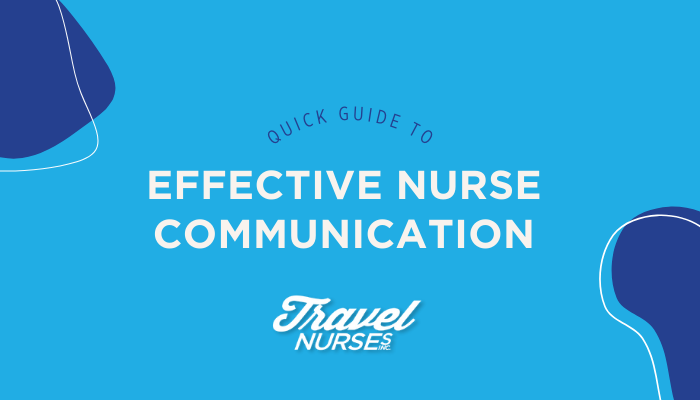Effective communication skills are crucial in nursing as they contribute significantly to positive patient outcomes, patient satisfaction, and a collaborative healthcare environment. Nurses serve as a vital link between patients, their families and other healthcare professionals, making effective communication an essential aspect of their role. Here’s why communication skills are significant in nursing practice and some tips for effective communication:
Significance of Communication Skills in Nursing Practice:
- Patient-Centered Care: Effective communication ensures that patients receive personalized care. Nurses who communicate well can understand and address each patient’s needs, concerns, and preferences.
- Building Trust and Rapport: Trust is fundamental in the nurse-patient relationship. Clear and empathetic communication helps build trust, fostering a positive relationship between the nurse and the patient. Patients are more likely to comply with treatment plans when they trust their healthcare providers.
- Safety and Quality of Care: Miscommunication in healthcare can lead to errors and compromise patient safety. Accurate and clear communication among healthcare professionals is essential to accurately convey critical information about patients’ conditions, medications and treatment plans. A team that communicates and works together will provide the best care for their patients.
- Empowering Patients: Effective communication empowers patients to participate in their care actively. When patients understand their conditions, treatment options and care plans, they are better equipped to make informed decisions and manage their health.
- Collaboration in Healthcare Teams: Nurses collaborate with various healthcare professionals, and effective communication is crucial for cohesive teamwork. Clear communication ensures that everyone is on the same page regarding patient care, reducing the risk of misunderstandings and errors. Foster a culture of open communication within the healthcare team. Regular team meetings, handovers, and clear documentation facilitate effective information exchange.
Tips for Effective Communication in Nursing Practice:
- Active Listening: Pay attention to what patients and their families are saying. Use verbal and non-verbal cues to show that you are engaged and attentive. Allow patients to express their concerns and feelings while showing them you care about hearing what they say without judgment.
- Clarity and Conciseness: Use clear and simple language to convey information. Avoid medical terms that may be confusing to patients. Be concise and focused on the key points. This will help the patient feel like they better understand their medical plan.
- Empathy and Compassion: Show empathy and understanding towards patients and their families. Acknowledge their emotions, validate their concerns, and demonstrate a compassionate attitude. The patient wants to feel like they are being heard and understood. When you show empathy and compassion for what they are going through, you can get them the care they need.
- Non-Verbal Communication: Body language, facial expressions, and gestures play a crucial role in communication. A relaxed and soft facial expression shows that you care and want to hear their feelings while giving them space. Maintain eye contact, use open body language, and be mindful of your tone of voice.
- Patient Education: Provide patients and their families with relevant information about their conditions, treatment options, and self-care. Use visual aids and written materials to enhance understanding. Nurses should educate their patients on health conditions, diagnostic test results, medications and much more to their patients and their families.
- Effective Documentation: Accurate and thorough documentation is a vital aspect of communication in nursing. Documenting patient information ensures that other healthcare professionals have access to essential details. Charting everything is essential to a patient’s recovery process.
- Conflict Resolution Skills: In healthcare settings, conflicts may arise. Develop skills to address conflicts calmly and professionally, focusing on finding solutions and prioritizing patient well-being. Keep the patient the priority and a good attitude even in stressful situations.
- Cultural Competence: Be aware of and respect cultural differences. Cultural competence enhances communication by promoting understanding and sensitivity to diverse beliefs and practices.
By prioritizing and honing these communication skills, nurses can enhance the overall quality of care, strengthen relationships with patients and their families, and contribute to a collaborative and supportive healthcare environment.


